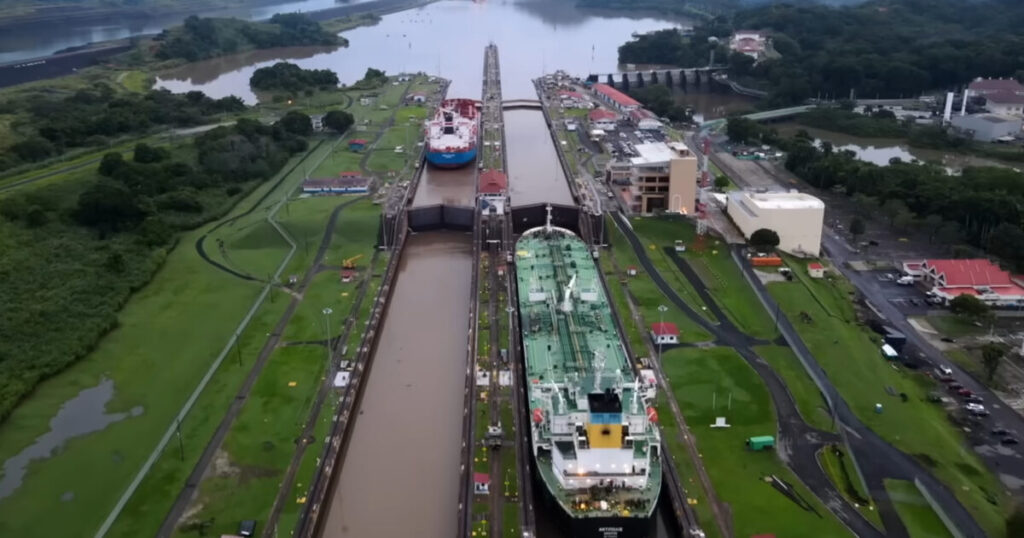In recent statements on Truth Social, Donald Trump has issued a stark warning to the Panamanian government regarding the management and operational costs of the Panama Canal. He emphasized that the United States harbors a vested interest in ensuring the canal operates securely and efficiently, reiterating a historical sentiment that the canal was constructed not solely for Panama’s benefit. Trump asserted that if Panama does not fulfill what he perceives as its obligations concerning the canal’s management, the United States would demand its return, characterizing it as a “magnanimous gesture” that must be respected. This call for accountability highlights the longstanding tensions surrounding U.S.-Panama relations and the strategic importance of the canal to American interests.
In his follow-up comments, Trump elaborated on the significance of the Panama Canal as a “VITAL National Asset” for the United States. He pointed out that the canal plays a crucial role in U.S. commerce and national security, enabling quick naval deployments and drastically reducing shipping times for goods traveling to and from American ports. Trump highlighted that the U.S. is the primary user of the canal, with more than 70 percent of transits linked to American commerce. The canal, which celebrated its 110th anniversary recently, represents a monumental engineering achievement and a strategic asset that many Americans view with pride due to the American lives lost during its construction.
Trump traced the canal’s origins back to President Teddy Roosevelt’s administration, underscoring the historical context of its construction and management. He criticized former President Jimmy Carter for the treaty that resulted in the U.S. relinquishing control of the canal to Panama for just one dollar, suggesting that this decision was poorly conceived and has since allowed adverse foreign influences, notably from China, to gain traction. Trump’s remarks resurrect the narrative that the canal was intended to serve American interests and should remain within the framework of U.S. control or oversight, particularly because of the substantial U.S. investment made in its construction.
Moreover, Trump voiced discontent with the tariffs and fees imposed by the Panamanian government on U.S. Navy operations and commercial activities. According to him, these charges are excessive and unjustified, especially given the historical relationship and the national expenditure that went into building the canal. He framed these charges as a “complete rip-off” that the U.S. would not tolerate. This perspective not only illustrates his protective stance over U.S. assets but also encapsulates his broader approach to foreign negotiations and dealings.
The responses from Panamanian officials to Trump’s statements have not yet materialized, but the historical and economic ramifications of the canal make any potential conflict a subject of serious concern for Panama. During his presidency, Trump engaged with former Panamanian President Juan Carlos Varela, acknowledging the success of the canal and the U.S. involvement in its construction. However, the discourse between the two leaders also underscored the disparity in perspectives, with Varela reminding Trump of the temporal distance and historical context of the canal’s creation—a point that seems lost on Trump’s nostalgia for American primacy in the canal’s governance.
In conclusion, Trump’s remarks about the Panama Canal serve as a reiteration of his America-first policy, signaling a potential shift in U.S.-Panama relations should there be no improvement in how the canal is managed and operated. His framing of the canal as a non-negotiable U.S. asset, with implications for both economic and national security, underscores the deep-rooted significance of the canal not only to Panama but significantly to the United States. As the situation develops, it will be essential to monitor the reactions from Panamanian leadership, and any ensuing diplomatic dialogues will likely reflect broader realities regarding U.S. interests in the region, particularly concerning the growing influence of China.

